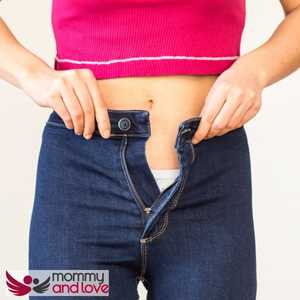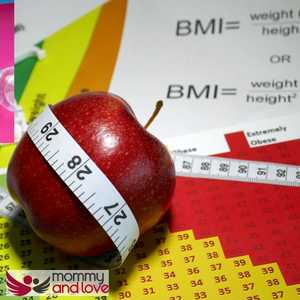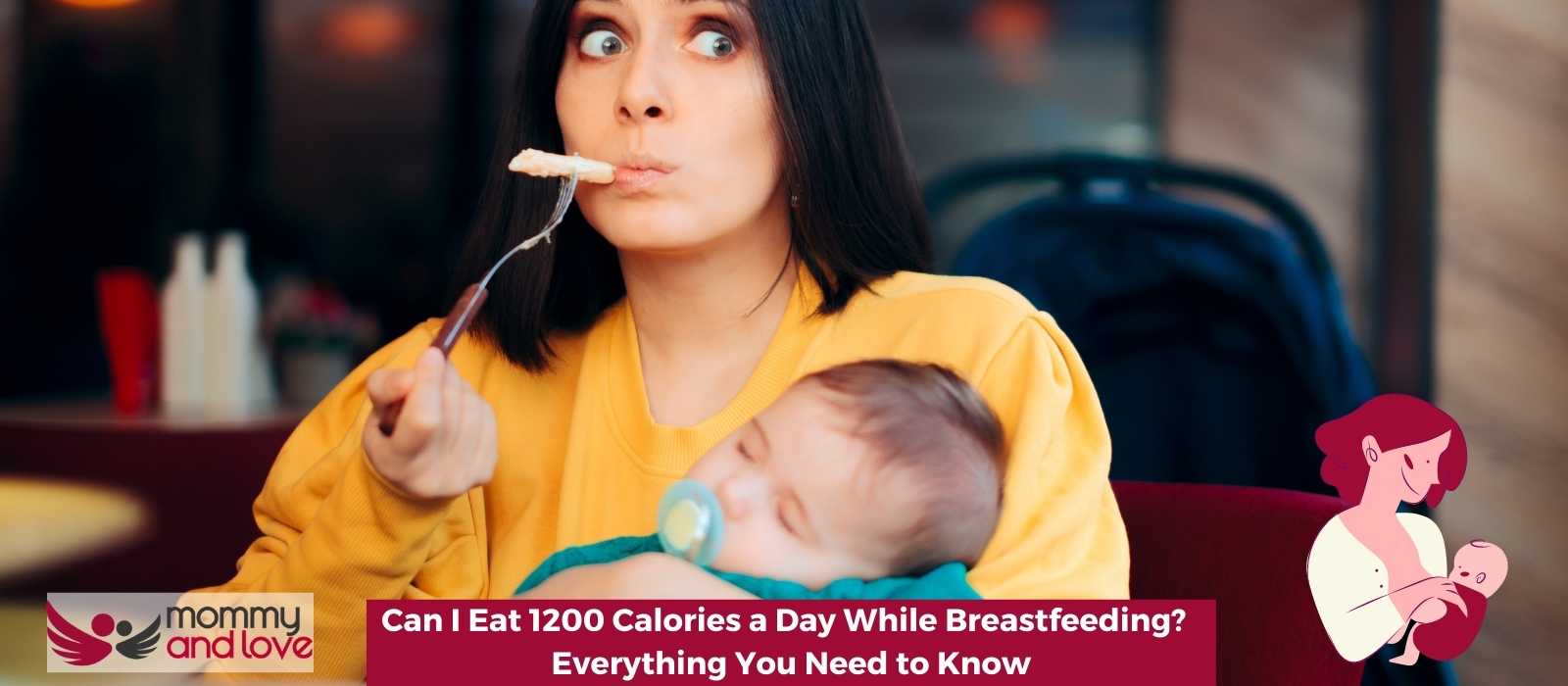When it comes to breastfeeding, most women worry about how their eating habits will affect their babies. Some people believe that nursing mothers need to eat a lot of food while others think that they should eat very few calories. So, what is the truth? Let’s take a closer look at this question.
So, Can I Eat 1200 Calories a Day While Breastfeeding?
In most cases, the answer is no. 1200 calories are not enough for a breastfeeding woman and it can actually lead to health problems, such as too rapid weight loss or malnutrition.
Most nursing mothers need about 2,200 calories per day in their breastfeeding diet to maintain their health and provide enough energy. This amount can vary depending on the mother’s age, weight, caloric intake and activity level. If a breastfeeding mother does not get enough calories, she will be losing weight.
The calories burned by breast-feeding are unpredictable because it depends on a ton of factors. And while breastfeeding, your body is using more calories than normal to maintain breast milk production, but you might be burning less in other ways since your baby is less active and nursing on demand takes up time that might otherwise be spent exercising.
But if you’re losing weight and you know that breastfeeding burns an extra 500-600 calories per day, it makes sense to assume that 1200 calories throughout the day will make you drop some weight at a healthy rate. Except that it doesn’t work like that in most instances. Your body is already running at a deficit, so it doesn’t necessarily want to use your fat stores for energy (source). It will instead try to conserve energy by slowing down your metabolism and you will burn less calories.
How Many Calories Should I Consume While Breastfeeding?
The amount of calories that a breastfeeding mother needs to eat each day varies depending on a range of factors, such as her activity level and weight. However, the general consensus is that a breastfeeding mom should be consuming around 2000-2500 calories per day.
How Does Breastfeeding Affect Weight?

One of the main concerns that many women have when they start breastfeeding for a few weeks is whether they will gain weight.
The truth is that breastfeeding can help you to lose weight safely, but it all depends on how many calories you consume.
If you have healthy eating habits and consume the recommended amount of calories each day, then it can help your gradual weight loss. However, if you eat too few calories, you may find that you drop weight more quickly.
What Happens if You Don’t Eat Enough Calories While Breastfeeding?
If you don’t eat enough calories while breastfeeding, your body will start to break down its own tissues for energy. This can lead to a number of health problems for both you and your baby, including rapid weight loss, dehydration, and a low breast milk supply.
So, as you can see, it is important for lactating mothers to eat a healthy diet and consume the recommended amount of calories each day to have enough milk supply. 1200 calories are not enough for most mothers and can lead to health problems. Try to aim for around 2000-2500 calories per day to maintain your health and ensure that your newborn gets all the nutrients he or she needs. Also, more muscle mass means you’re burning more calories a day.
How Can a Breastfeeding Mother Lose Weight?

Many breastfeeding mothers wonder about weight loss while breastfeeding. It can be tough to do because you need about 500 extra calories per day to have enough breast milk supply.
But if you’re careful about what you eat and how much exercise you get, weight loss can happen gradually while still breastfeeding.
To start with, try to break your food intake down into five smaller meals instead of three large ones. This will help your body to better digest the food and also help to keep your blood sugar levels stable. Make sure that all of your meals include lean protein, complex carbohydrates, and healthy fats.
Eat nutritious foods and avoid processed foods, sugary drinks, and foods high in saturated and unhealthy fats. These can all sabotage your weight loss efforts and also harm your infant.
Does Breastfeeding Really Burn Calories?
Yes, breastfeeding can burn around 500-700 calories a day. This can help most women drop the baby weight, but it is important to remember that you still need to eat enough calories to support your breastfeeding and daily activities.
Why Do Breastfeeding Mothers Gain Weight?
Many new mothers worry about whether they will gain weight while breastfeeding. In general, lactating women can expect to gain about 25-35 pounds during the course of her lactation period. This weight gain is necessary in order to support the healthy growth and development of her little one and to have enough breast milk supply. While it is possible to lose some weight while breastfeeding, most breastfeeding women find that they do not lose weight quickly to revert to their pre-pregnancy weight.
Can You Go On a Diet While Breastfeeding?
You’ve probably heard that you can eat whatever you want while breastfeeding, but is that really true? And can you go on a diet while breastfeeding without harming your new baby or your milk supply?
The good news is that you can certainly go on the best diet – as long as you do it the right way. Many breastfeeding moms successfully lose some body fat by reducing their calorie intake.
However, you do need to be careful not to cut too many calories, as this can affect your milk supply. Excessive dieting can lead to a reduced milk supply. In addition, it’s important to make sure that you’re still getting the nutrients your child needs. You can resume dieting and exercise after you have stopped breastfeeding milk to your child.
Take Away
In conclusion, a breastfeeding mother should consume around 2000-2500 calories a day. Eating 1200 calories a day will not provide enough nutrients for your milk, and can actually lead to weight loss or malnutrition. Remember that your body is still recovering for a few months after pregnancy. If you are looking to lose weight while breastfeeding, aim to consume more than 1200 calories each day. However, this does not mean that you should eat unhealthy foods.

This article was written by Sandra Baker – full time writer and the mother of four amazing kids (including twins!)
She’s also a breastfeeding counselor and has spent years helping new parents learn how to care for their children. When she’s not writing or caring for her children, Sandra likes to spend time reading and taking walks with her husband.




